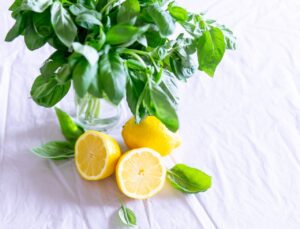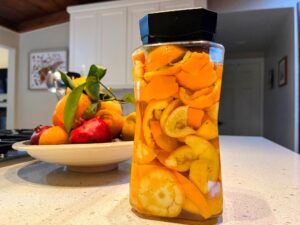When it comes to eating healthier, many people get confused between vegan and plant-based diets. At first glance, they might seem the same—but they’re actually quite different. In this post, I’ll break down the key differences between vegan vs. plant-based eating, so you can decide which one fits your lifestyle best. Whether you’re doing it for health, the planet, or the animals, it’s good to know what each really means.
What Does Vegan Mean?
The term vegan goes beyond just food. It’s a lifestyle choice that avoids all animal products—not only in what you eat, but also in what you wear and use. Someone who follows a vegan diet avoids meat, dairy, eggs, and even honey. But being vegan often means more than just skipping animal-based foods.
Many people choose veganism for ethical reasons. They care deeply about animals and don’t want to support industries that harm them. So, a vegan may also avoid leather, wool, silk, and products tested on animals. It’s a full commitment to living without using animals in any part of life.
When comparing vegan vs. plant-based, this is one of the biggest differences. Veganism is not just a diet—it’s a philosophy and way of life centered on animal welfare and reducing harm.
What Is a Plant-Based Diet?
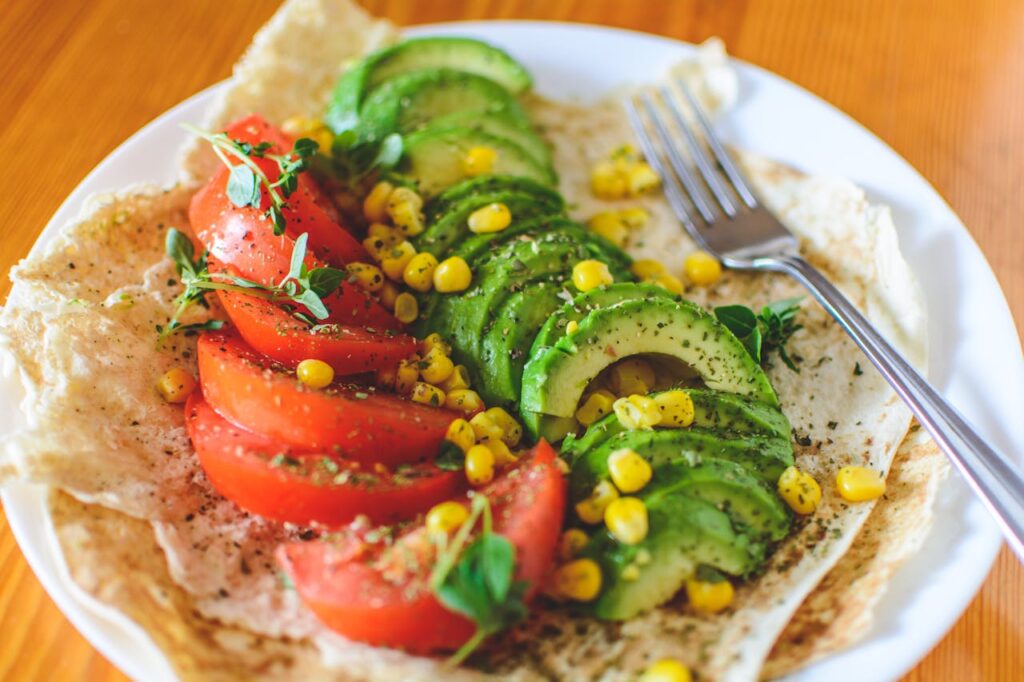
A plant-based diet focuses mostly on eating whole, unprocessed foods that come from plants. This includes vegetables, fruits, whole grains, legumes, nuts, and seeds. The goal is to eat foods that are as close to their natural state as possible.
Unlike a vegan diet, a plant-based lifestyle is usually chosen for health reasons, not just ethics. Some people who eat plant-based still include small amounts of animal products, like dairy, eggs, or fish. The focus is more on what you do eat—plants—rather than what you avoid.
When looking at vegan vs. plant-based, one major difference is flexibility. Plant-based eaters may not fully avoid all animal products, and they might not follow a strict rule about everything they buy or wear. It’s more about improving health and reducing processed food, rather than making a full ethical commitment.
So, while both diets are heavy on plants, the reasons behind them—and how strictly they’re followed—can be very different.
Vegan vs. Plant-Based: Key Differences
At a glance, vegan and plant-based diets may look the same—they both center around eating plants and avoiding meat. But when you dig a little deeper, the differences become clear.
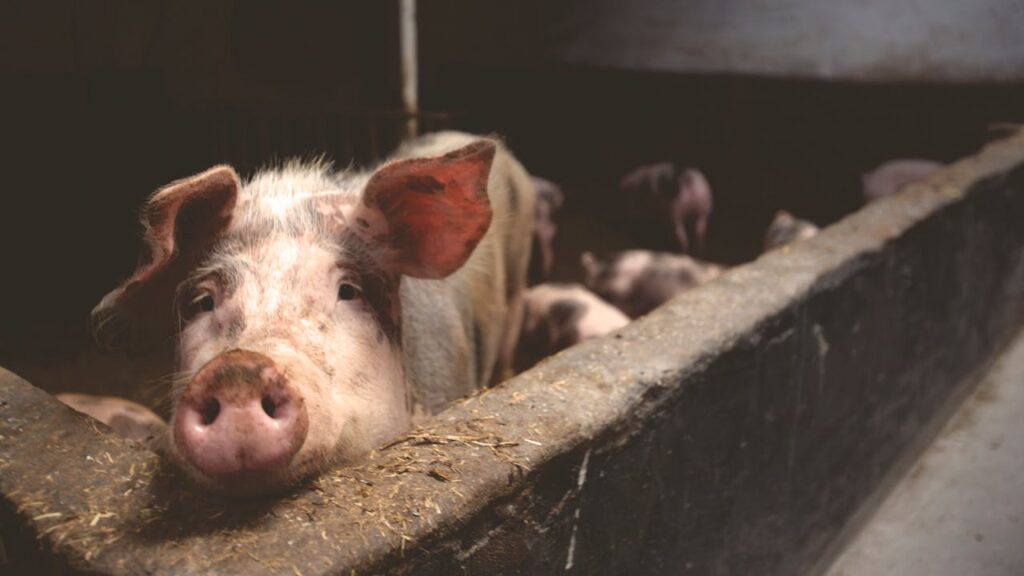
1. Purpose
The biggest difference in the vegan vs. plant-based debate is why someone chooses the diet.
Vegans do it for ethical reasons, mainly to protect animals.
Plant-based eaters often focus on improving their health or preventing disease.
2. Strictness
A vegan diet cuts out all animal products completely, no exceptions.
A plant-based diet is more flexible. Some people still eat small amounts of meat or dairy now and then.
3. Lifestyle vs. Diet
Veganism is a full lifestyle. It often includes avoiding animal-tested products, leather, wool, and even certain makeup.
Plant-based usually refers just to food and health habits, not your entire way of life.
4. Processed Foods
A person can be vegan and still eat processed junk food like chips, cookies, and meat substitutes.
Plant-based eating focuses more on whole, natural foods—even if they don’t avoid all animal products.
When comparing vegan vs. plant-based, it’s not just about what’s on your plate—it’s about the intention and mindset behind your choices.
Can You Be Both Vegan and Plant-Based?
Yes, you absolutely can be both vegan and plant-based—and many people are. If you follow a vegan lifestyle and also focus on eating whole, unprocessed foods, you’re doing both at the same time.
Some people start by going plant-based for health reasons and later choose to go fully vegan as they learn more about animal welfare. Others begin with veganism but shift toward a cleaner plant-based diet to feel better physically.
So when comparing vegan vs. plant-based, it’s not always either-or. There’s a lot of overlap, and your journey can include parts of both, depending on what matters most to you—health, animals, or even the environment.
Which One Is Right for You?
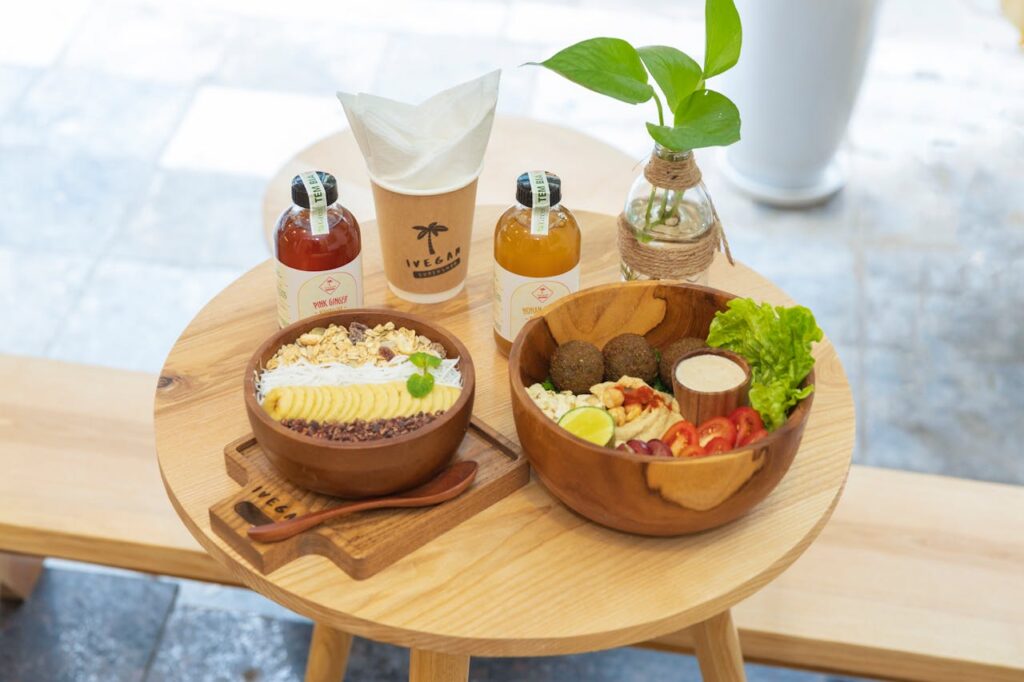
Choosing between vegan vs. plant-based depends on your personal goals and values. Ask yourself—are you doing this for your health, the animals, or both?
If you care deeply about animal welfare and want to avoid all forms of animal use, a vegan lifestyle might be the right fit. It’s more than just food—it’s a commitment to living in a way that causes the least harm.
If your main focus is improving your health, lowering your risk of disease, or just feeling better, a plant-based diet might be better for you. It’s flexible, and you can start by simply adding more whole plant foods to your meals.
There’s no one-size-fits-all answer. You don’t need a label unless it helps you stay motivated. The important thing is to find a way of eating and living that works for you.
Final Thoughts on Vegan vs. Plant-Based
Understanding the difference between vegan vs. plant-based can help you make more informed choices. While both focus on eating more plants, the reasons behind them—and how they’re practiced—are not the same.
Whether you choose a vegan lifestyle, a plant-based diet, or something in between, what matters most is finding what works for your body, your values, and your life. There’s no perfect way—just progress.
Start small, stay curious, and choose the path that feels right for you.



